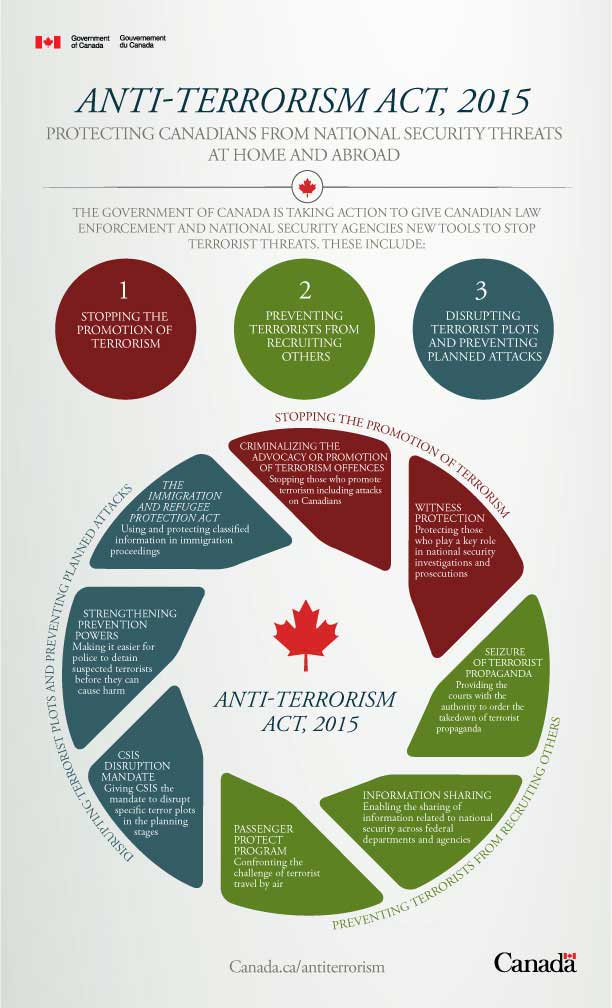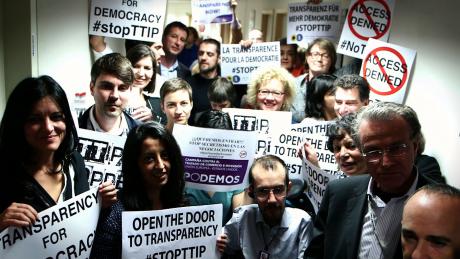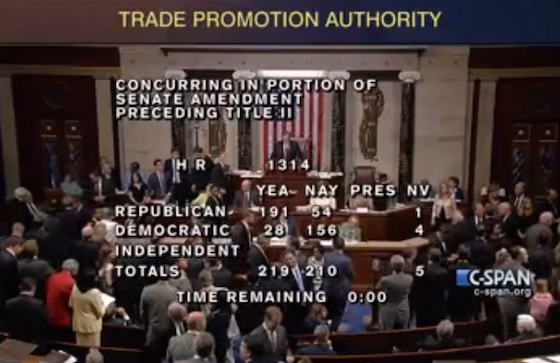In the Soviet Union, anyone without an official job could be charged with ‘parasitism’ and sentenced to internal exile. Now Belarus has revived the idea.
By Ekaterina Loushnikova. Published June 16, 2015 at openDemocracy.
This year the Belarusian government issued a decree on ‘the prevention of social dependency.’ Belarusians immediately christened it ‘the parasite law’, after the legislation current in the Soviet Union from 1961 until 1991. ‘Parasites’ included housewives, artists, opposition politicians, freelance journalists and so on – anyone who didn’t have an official work contract or who didn’t work at all.
I am a parasite
Almost all my friends in Belarus are officially parasites. And indeed I am one myself – I have been freelance for ten years now. In 2004 I left my job on theKomsomolskaya Pravda newspaper. It was just after the Beslan school hostage crisis and Putin’s abolition of elections for regional governors. Journalism also seemed to have been abolished, and replaced by propaganda and porn.
I remember a special edition of ‘Komsomolka’, as it was usually known: Putin’s naked torso on the front page and a ‘best actress’s breast’ contest on the back. After that I decided to abandon my career on the paper and became a ‘foreign agent’, working freelance for Western media outlets. One day the FSB chief in Kirov denounced me on local TV as the head of a CIA conspiracy in the city. I didn’t sleep that night, expecting a knock on my door at any moment. But they didn’t arrest me: evidently even the FSB likes its little jokes. Continue reading




![By respres (http://www.flickr.com/photos/respres/2539334956/) [CC BY 2.0 (http://creativecommons.org/licenses/by/2.0)], via Wikimedia Commons.](http://occupyworldwrites.org/wp-content/uploads/2015/06/1024px-Sign_of_the_Times-Foreclosure-300x225.jpg)

![The seal of the Central Intelligence Agency inlaid in the floor of the main lobby of the Original Headquarters Building. Photo by user:Duffman (Own work) [Public domain], via Wikimedia Commons](http://occupyworldwrites.org/wp-content/uploads/2014/12/CIA_floor_seal.png)



![Edward Snowden. Photo by Laura Poitras / Praxis Films [CC-BY-3.0 (http://creativecommons.org/licenses/by/3.0)], via Wikimedia Commons](http://occupyworldwrites.org/wp-content/uploads/2014/01/Edward_Snowden-248x300.jpg)
